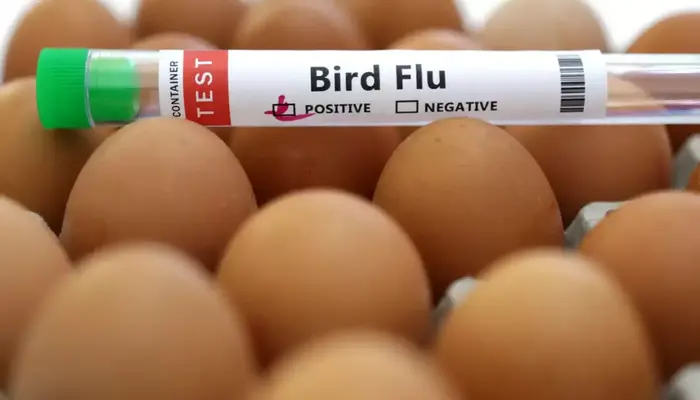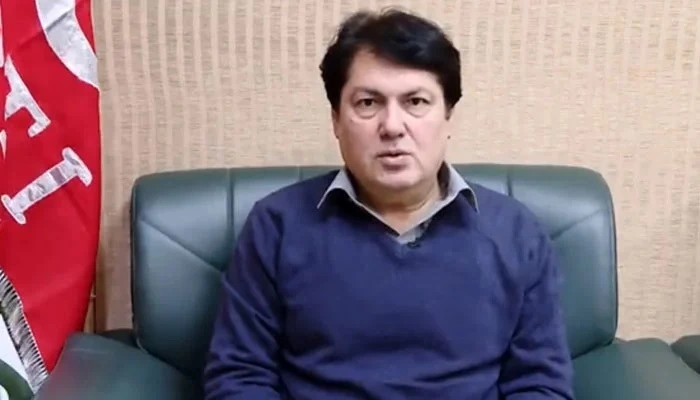
KARACHI: Hospitals across Karachi are witnessing a surge in patients suffering from vector-borne diseases such as dengue, malaria, chikungunya, and other viral infections. Every day, at least 50 patients arrive at Jinnah Postgraduate Medical Center (JPMC) and Civil Hospital with symptoms including cold, fever, and body aches. Many of these cases are suspected to be dengue, malaria, or chikungunya.
The Sindh Health Department reports that 411 suspected cases of chikungunya have been recorded in the province this year. Out of these, 153 cases have been confirmed after diagnosis. Dengue cases are also rising, with 1,724 cases reported in Sindh, of which 1,484 were documented in Karachi alone. Tragically, one death from dengue has been confirmed.
Malaria continues to be a serious concern. Sindh has seen at least 222,239 cases of malaria this year, with 1,768 of these reported in Karachi. The growing number of chikungunya cases is overwhelming hospitals as more patients seek treatment for symptoms associated with the disease.
Geo News has learned from sources that chikungunya testing kits are unavailable in government hospitals, leaving healthcare facilities struggling to cope with the influx of patients.
Read: Meghan Markle’s Charity Visits Fail to Impress UK Public
Symptoms and Causes
Dr. Bilal Aheed, a family physician at Aga Khan Hospital, explained to Geo.tv that people infected with these viral diseases often experience high-grade fever, body aches, joint pain, and swelling or redness on the skin. These symptoms are particularly associated with dengue and chikungunya, both of which are spread by mosquitoes, he said.
The specific mosquitoes responsible for transmitting these diseases are Aedes aegypti and Aedes albopictus, Dr. Aheed added. These mosquitoes thrive in urban environments and breed in stagnant water, such as in open containers, puddles, or water tanks.
Preventive Measures
Dr. Aheed urged the public to take preventive measures to protect themselves from these infections. He advised:
- Eliminate stagnant water around homes.
- Keep water containers tightly covered.
- Use mosquito repellents and bed nets.
- Wear long-sleeved clothing, especially in the early morning and evening when mosquitoes are most active.
As Karachi continues to battle the increasing spread of vector-borne diseases, healthcare professionals emphasize the importance of prevention and timely medical attention. With dengue, malaria, and chikungunya affecting more people across the city, it is crucial for residents to remain vigilant and take steps to reduce the risk of infection.
Follow us on Google News, Instagram, YouTube, Facebook,Whats App, and TikTok for latest updates










